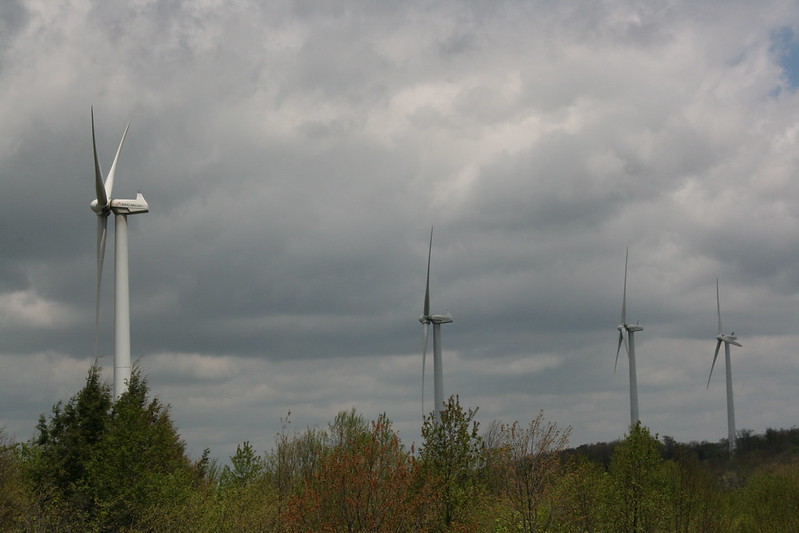
House Democrats have released a green energy tax extenders package that contains numerous wasteful and distortionary tax provisions. ATR urges lawmakers to reject this legislation, both as a stand-alone package or as part of broader legislation.
Broadly, ATR opposes tax extenders and supports efforts to repeal or make all extenders permanent as part of the broader goal of reducing the number of distortionary credits and deductions in favor of lower tax rates.
Tax policy should be neutral in order to promote economic efficiency and growth and avoid picking winners and losers.
This proposal takes the tax code in the opposite direction by extending and expanding distortionary provisions.
Imposes Retroactive Tax Increases
The legislation retroactively disallows the Alternative Fuel Mixture Credit (AFMC) for certain types of fuels.
Retroactivity is bad policy – any extenders should be dealt with prospectively, rather than retroactively. Taxpayers that have followed the law based upon reasonable statutory interpretations should be afforded certainty and fairness. Retroactivity undermines confidence in the tax system by affecting activity (in this case taxes paid, and credits claimed) that has already occurred.
In the past, when Congress has determined the statute of a law is inconsistent with Congressional intent, they have disallowed the provision on a prospective basis. For instance, when paper manufacturers claimed a credit for mixing diesel with alternative biomass fuels, or “black liquor,” Congress disagreed with this outcome and repealed the credit prospectively.
The retroactive repeal of the AFMC interferes with ongoing litigation, denies taxpayers due process, and creates potentially arbitrary and unfair outcomes. If Congress wants to make changes to the AFMC, they should be done on a prospective basis.
[See ATR’s Letter in Opposition to a Retroactive AFMC here]
Extends Distortionary Solar & Wind Credits
In 2015, Congress passed bipartisan tax extender legislation, known as the Protecting Americans from Tax Hikes (PATH) Act. This legislation made many conservative tax provisions permanent like small-business expensing, research and development credits, and provisions to prevent double taxation on international income. As part of this agreement, wind and solar tax credits were phased out.
In violation of this agreement, Democrats would extend wind and solar credits through 2026. This will continue the pattern of routinely extending temporary tax provisions.
As a coalition of conservative groups noted in a recent letter, there is no policy reason to extend these tax benefits as these types of energy technologies do not need their credits:
“The United States Energy Information Administration reported a year ago that 18 percent of the electricity grid in America was powered by renewable sources, including 3 percent from solar power alone. Besides accounting for half the renewable total, wind and solar power grew by nearly a third in just one year. Clearly these are not nascent industries in need of a tax break–they can and should stand on their own two feet.”
Lawmakers should allow these credits to phase out as agreed to in the 2015 PATH Act.
Expands EV Subsidies
The legislation would expand the electric vehicle tax credit so that it phases out at 600,000 vehicles per manufacturer rather than 200,000 vehicles as under current law. Lawmakers should reject this approach.
The EV credit is distortionary and regressive. The credit goes directly to individuals that purchase an EV and almost 80 percent of these credits go to those making $100,000 or more per year. Unsurprisingly, this type of tax subsidy is also unpopular with the American people — 67 percent of voters oppose subsidizing electric vehicles.
Moreover, expanding the credit is unnecessary and ineffective. There are already broad-based tax provisions that promote innovation such as the research and development tax credit. In addition, there is robust competition in the EV market and manufacturers who have exceeded the 200,000 cap have responded by reducing vehicle prices for consumers – taxpayers do not need a subsidy.
Finally, there is waste and fraud prevalent in the existing EV credit. A study released by the Treasury Inspector General for Tax Administration (TIGTA) found that over 16,000 taxpayers improperly claimed the EV credit between 2014 and 2018 resulting in a $73.8 million windfall.

